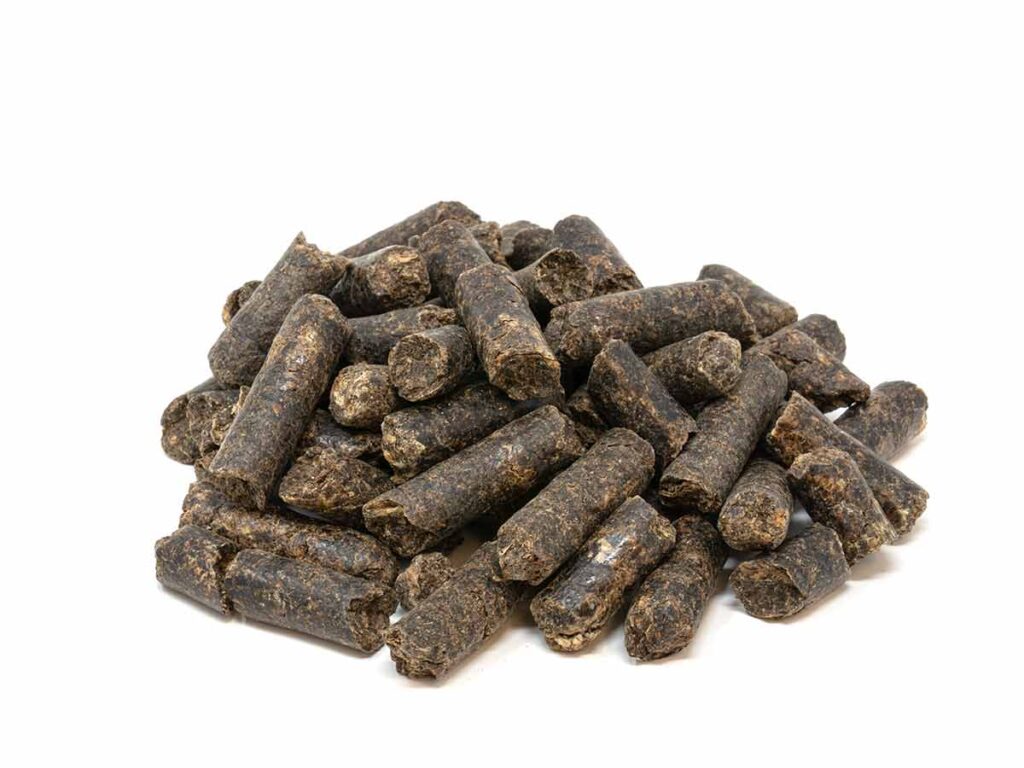Beet pulp, a by-product of sugar beet processing, has gained popularity as a nutritious and healthy addition to dog food. But is it really good for dogs? In this article, we’ll delve into the benefits and potential drawbacks of beet pulp in your dog’s diet.
Is Beet Pulp Good for Dogs?
Nutritional Value of Beet Pulp
Beet pulp is a rich source of fiber, containing both soluble and insoluble fiber. It is also low in calories and rich in nutrients like:
- Crude fiber: 18-20%
- Crude protein: 10-12%
- Crude fat: 1-2%
- Moisture: 10-12%
- Minerals: potassium, magnesium, and iron
These nutrients make beet pulp an attractive ingredient for dog food manufacturers looking to create a balanced and healthy diet for our furry friends.
Benefits of Beet Pulp for Dogs
Adding beet pulp to your dog’s diet can have several benefits:
- Improved Digestion: The high fiber content in beet pulp can help regulate bowel movements, reduce the risk of constipation, and support healthy gut bacteria.
- Weight Management: Beet pulp is low in calories, making it an ideal ingredient for weight management in dogs.
- Supports Healthy Blood Sugar Levels: The fiber in beet pulp can help slow down the absorption of sugar into the bloodstream, supporting healthy blood sugar levels.
- Rich in Antioxidants: Beet pulp contains antioxidants that can help protect your dog’s cells from damage caused by free radicals.
Potential Drawbacks of Beet Pulp for Dogs
While beet pulp can be a nutritious addition to your dog’s diet, there are some potential drawbacks to consider:
- High in Fiber: While fiber is beneficial, excessive amounts can cause digestive upset in some dogs.
- May Not Be Suitable for All Dogs: Dogs with certain health conditions, such as gastrointestinal issues or allergies, may not tolerate beet pulp well.
- Quality Variance: The quality of beet pulp can vary depending on the manufacturer and processing methods.
How to Introduce Beet Pulp into Your Dog’s Diet
If you’re considering adding beet pulp to your dog’s diet, follow these guidelines:
- Start with small amounts (1/4 teaspoon per 10 pounds of body weight) and gradually increase the amount over 7-10 days.
- Monitor your dog’s digestive health and adjust the amount as needed.
- Choose a high-quality beet pulp product from a reputable manufacturer.
Conclusion
In conclusion, beet pulp can be a nutritious and healthy addition to your dog’s diet when used in moderation and as part of a balanced diet. (See Also: How Long Does Maternal Aggression Last In Dogs)
However, it’s essential to consider the potential drawbacks and introduce it gradually to ensure your dog can tolerate it.
| Benefits | Potential Drawbacks |
|---|---|
| Improved digestion, weight management, supports healthy blood sugar levels, rich in antioxidants | High in fiber, may not be suitable for all dogs, quality variance |
Remember, always prioritize your dog’s health and consult with your veterinarian before making any changes to their diet.

Frequently Asked Questions About Beet Pulp for Dogs
What is beet pulp, and how is it beneficial for my dog?
Beet pulp is a by-product of sugar beet processing and is a rich source of fiber, vitamins, and minerals.
It’s beneficial for dogs as it can help support healthy digestion, promote regular bowel movements, and even aid in weight management.
Additionally, beet pulp is low in calories and rich in antioxidants, making it a nutritious addition to your dog’s diet.
Can I feed my dog beet pulp as a treat or should it be mixed with their regular food?
Both options are acceptable, but it’s recommended to mix beet pulp with your dog’s regular food to ensure they’re getting the nutrients they need.
Start by adding a small amount (about 1-2 tablespoons) to their meal and gradually increase the amount based on their individual needs and tolerance.
As a treat, beet pulp can be given in moderation, but be sure to adjust the amount according to your dog’s size and activity level.
Is beet pulp suitable for dogs with food sensitivities or allergies?
Beet pulp is considered a novel ingredient, meaning it’s less likely to cause allergic reactions or sensitivities in dogs. However, as with any new food introduction, it’s essential to monitor your dog’s behavior and health closely.
If your dog has a history of food allergies or sensitivities, consult with your veterinarian before adding beet pulp to their diet.
Can beet pulp help with my dog’s digestive issues, such as diarrhea or constipation?
Yes, beet pulp can be beneficial for dogs with digestive issues. The high fiber content in beet pulp can help regulate bowel movements, firm up stool, and even support the growth of beneficial gut bacteria.
However, if your dog is experiencing severe digestive issues, consult with your veterinarian to rule out underlying health conditions and determine the best course of treatment.
How do I store beet pulp to maintain its nutritional value?
To maintain the nutritional value of beet pulp, store it in an airtight container in a cool, dry place. Avoid exposing it to direct sunlight, moisture, or heat, as this can cause the nutrients to degrade. You can also store beet pulp in the refrigerator or freezer to prolong its shelf life.
